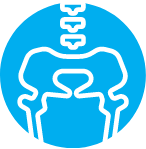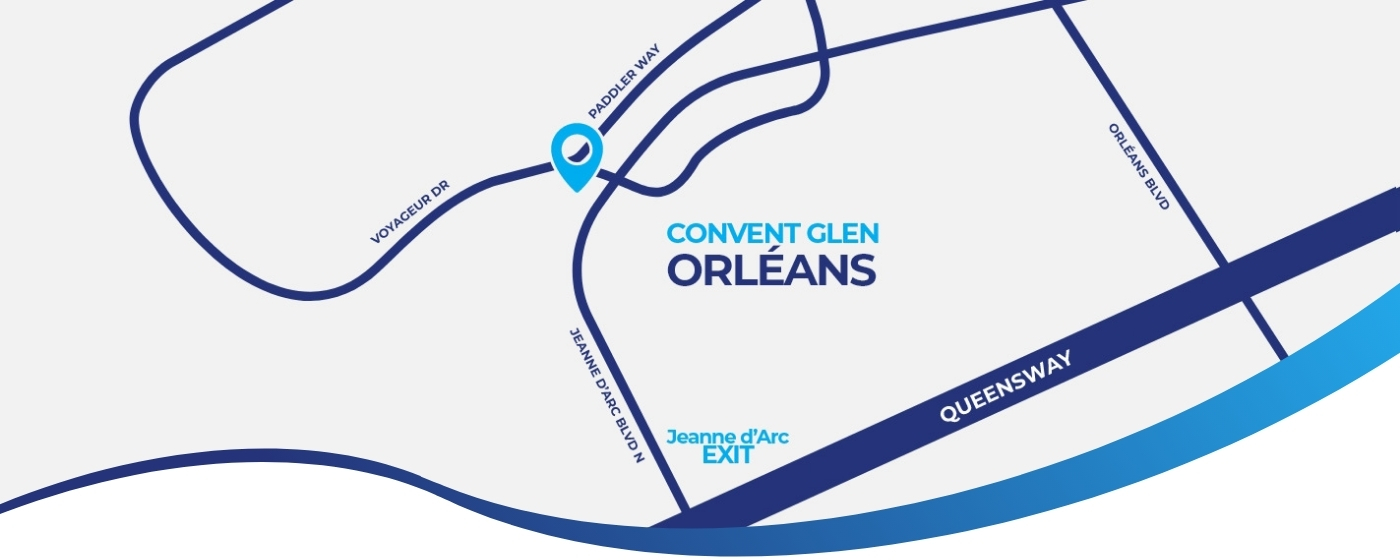Services

Physiotherapy
Physiotherapy is a healthcare profession that aims to promote, restore, and maintain physical function, mobility, and quality of life in individuals with injury, illness, or disability. Physiotherapists use a combination of manual therapy, exercise, and education to assess, diagnose, and treat a wide range of conditions affecting the musculoskeletal, neurological, and cardiovascular systems. They work with individuals of all ages and abilities, from athletes recovering from sports injuries to seniors recovering from hip replacement surgery. Physiotherapy can help individuals manage pain, improve mobility and strength, prevent injury, and optimize physical function and performance.
Registered Massage Therapy
Registered Massage Therapy (RMT) is a type of therapeutic massage that involves hands-on manipulation of soft tissues, such as muscles, ligaments, and tendons, to alleviate pain, improve circulation, and promote relaxation. RMT is performed by trained and licensed massage therapists who use a variety of techniques and pressures to address specific health conditions or injuries.
RMT is often used as a complementary therapy for people with chronic pain, stress-related disorders, sports injuries, and other conditions. Massage therapy can help reduce muscle tension, improve flexibility and range of motion, and promote overall well-being.


Sports Injuries
Physiotherapy for sports injuries aims to reduce pain and swelling, improve mobility, and help the injured athlete return to their pre-injury level of performance as soon as possible.
A physiotherapist will typically perform an initial evaluation to assess the extent of the injury, and then design a tailored rehabilitation program that addresses the specific needs of the athlete.
In addition to treating the injury, physiotherapy can also help prevent future injuries by advising on proper conditioning, strengthening, and injury-prevention exercises.
It is important to see a physiotherapist as soon as possible after a sports injury to ensure a prompt and effective recovery. Early intervention can help prevent complications and minimize the risk of further injury.
Pre/Post Surgery Care
Physiotherapy plays an important role in the pre- and post-operative care of patients. Prior to surgery, physical therapy can help improve overall health and physical function, and prepare the patient for the surgical procedure. Physical therapists work with patients to increase strength, flexibility, and range of motion, and to reduce pain and swelling in the affected area. They also provide patient education on what to expect during recovery and what types of exercises and activities should be avoided after surgery.
After surgery, physical therapy is an essential component of the recovery process. Physical therapists work with patients to develop individualized rehabilitation plans, reduce pain and swelling, improve range of motion and flexibility, and gradually increase strength and endurance. They provide patient education on proper body mechanics and safe activity levels, and help patients understand when they can return to work, sport, or other normal activities. In both pre- and post-operative care, physical therapy plays a critical role in helping patients recover from surgery and regain their ability to function and participate in the activities they enjoy.


Concussion Management
Physiotherapy helps with concussion management through assessment, treatment, education, vestibular and neck rehabilitation, and monitoring symptoms. A physiotherapist can provide an individualized treatment plan based on the patient’s specific symptoms and needs, which may include exercises and activities to promote recovery and ensure a safe and gradual return to activity. Physiotherapy plays a crucial role in concussion management by providing a comprehensive approach to treatment and rehabilitation.
Ergonomic Assessment
Physiotherapists assist with ergonomic assessment by identifying risk factors, assessing workplace setup, educating employees on proper ergonomics, developing exercise programs, and providing follow-up care. These measures help to prevent ergonomic injuries and create a safe and healthy work environment. Physiotherapists play a vital role in ensuring proper ergonomics and injury prevention in the workplace.


Sport Optimization and Performance
Physiotherapists can help with sport optimization and performance by assessing physical limitations, developing individualized treatment plans, providing injury prevention strategies, collaborating with coaches and trainers, and monitoring progress.
They can evaluate an athlete’s physical abilities and develop a plan to address any imbalances or weaknesses that may be limiting their performance. Physiotherapists can also provide education and strategies to help prevent injuries, such as proper warm-up techniques and recovery exercises. By collaborating with coaches and trainers, physiotherapists can develop sport-specific training programs that optimize an athlete’s performance. Physiotherapy plays a critical role in helping athletes reach their full potential and maintain their physical health.
Running Programs
Physiotherapy can help with running by assessing the individual’s biomechanics and addressing any imbalances or weaknesses that may be contributing to pain or injury. A physiotherapist can help develop an individualized treatment plan that may include exercises to improve strength and flexibility, manual therapy to address any joint restrictions, and gait retraining to improve running mechanics. By addressing these underlying issues, a physiotherapist can help reduce the risk of injury, improve performance, and help individuals meet their running goals.
Additionally, physiotherapists can provide education on proper footwear, warm-up and cool-down routines, and injury prevention strategies specific to running. Overall, physiotherapy can play a vital role in helping individuals of all levels improve their running abilities and maintain their physical health.

